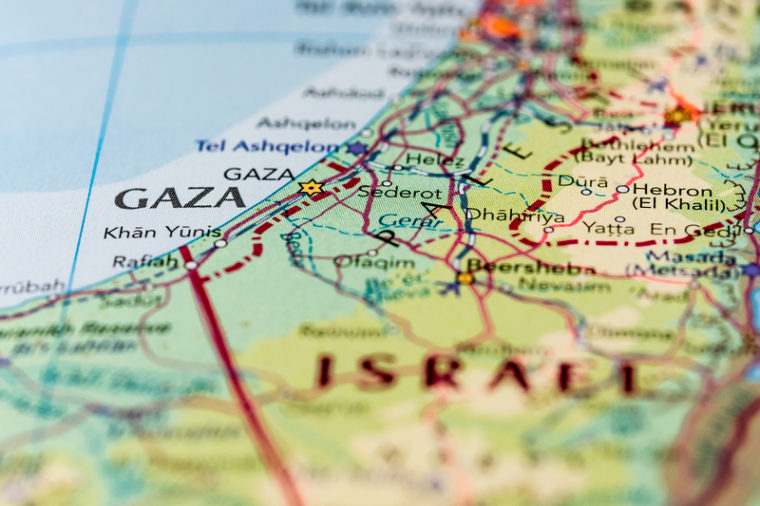
The United Nations has overwhelmingly agreed on a declaration that lays out a single roadmap to deliver a two-State solution partitioning Israel and a new State of Palestine.
In the UN General Assembly, 142 voted in favor, 10 voted against including Israel and the US, and 12 abstained. Those in favor included almost all large members of the European Union.
Israeli Ambassador Danny Danon said that “this one-sided Declaration will not be remembered as a step toward peace, only as another hollow gesture that weakens this Assembly’s credibility.”
“Hamas is the biggest winner of any endorsement here today” and will declare it “the fruit of 7 October”, he added.
The declaration demands an immediate ceasefire in Gaza, release of all hostages held there, and the establishment of a Palestinian State that is both viable and sovereign.
It calls for the disarmament of Hamas and its exclusion from governance in Gaza, normalization between Israel and the Arab countries, and collective security guarantees.
The declaration comes against a backdrop of greatly intensified Israeli destruction of Gaza city and a relentless push to force its nearly one million residents to flee southwards into spaces that relief organization say are cramped, unsanitary and unsafe. Yet, there are hopeful signs of relief for people fleeing the bombardment.
UN chief Antonio Guterres said, “Gaza is piled with rubble, piled with bodies, and piled with examples of what may be serious violations of international law. Hostages taken by Hamas and other groups must be released and the atrocious treatment they have been forced to endure must stop.”
“I appeal once again for an immediate and permanent ceasefire, unfettered humanitarian access across Gaza, and the immediate and unconditional release of all hostages.
“Starvation of the civilian population must never be used as a method of warfare. Civilians must be protected. Humanitarian access must be unimpeded. No more excuses. No more obstacles. No more lies,” he insisted.
UNICEF, the UN’s agency for children, reported that over 10,000 children in Gaza city have been diagnosed with acute malnutrition in the past two months alone. The agency warned that if disconnected from their treatment, there is a high risk some of the 2,400 children currently being treated for severe acute malnutrition in the area could starve to death.
Gaza’s health ministry said 411 people across Gaza have died due to malnutrition and starvation, including 133 since the confirmation of famine in Gaza last month.
Despite the chaos and violence, some UN and other relief groups are still able to provide help. As people flee southwards, relief teams are providing direct support or referral services to children who have been injured, orphaned or separated from their caregivers.
The UN is still helping humanitarian partners to keep community kitchens open, distribute clean water, and provide healthcare to people in Gaza city and elsewhere across the Gaza Strip.
Yesterday, a UN team successfully delivered fuel to a series of critical service providers in Gaza city. This included hospitals and other health facilities, as well as installations supporting water pumping, trucking and desalination, and the management of solid waste.
Speaking from Deir Al-Balah in Gaza, Olga Cherevko, Spokesperson for the UN aid coordination office OCHA, delivered a blunt message: “When Gaza burned, and children starved, and hospitals collapsed – did you act?”
She said hundreds of thousands of battered civilians were ordered to flee to an already overcrowded area where “even small animals have to search for spaces to squeeze between to move around.”
“The race against time, against death, against the spread of famine, feels as if we as humanitarians are running through quicksand.
“The unmistakable smell of death is everywhere – a grisly reminder that the ruins lining the streets hide the remains of mothers, fathers, children,” she added.
Yet, humanity shines through. The Palestinian doctors, nurses and paramedics are working around the clock, often without pay, medicine or electricity. Aid workers from UN agencies, the Red Cross Red Crescent and other organizations are delivering food, medicine and clean water under fire. Ordinary people share the little they have with strangers.
“In every act of care – a refusal to let cruelty define the future. Proof that even in the darkest times, the human spirit endures,” she noted.
ID 185902065 ©
Nsbeer | Dreamstime.com
















